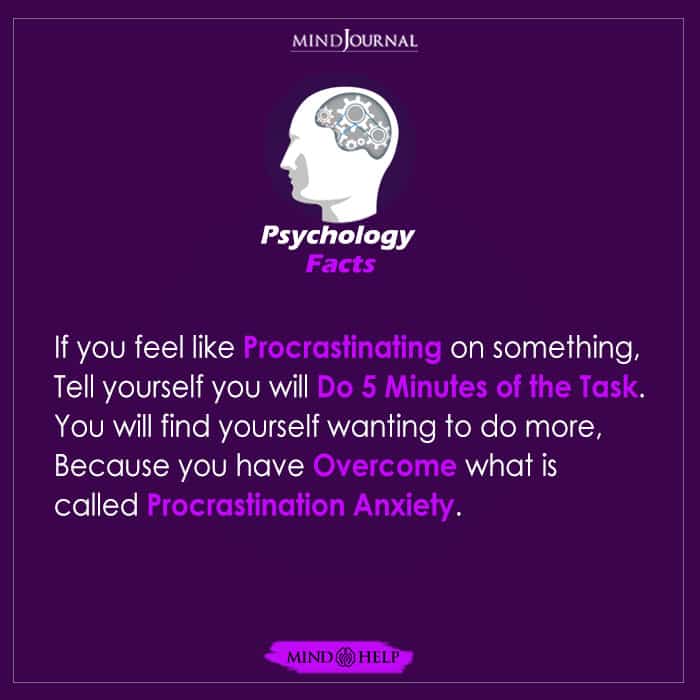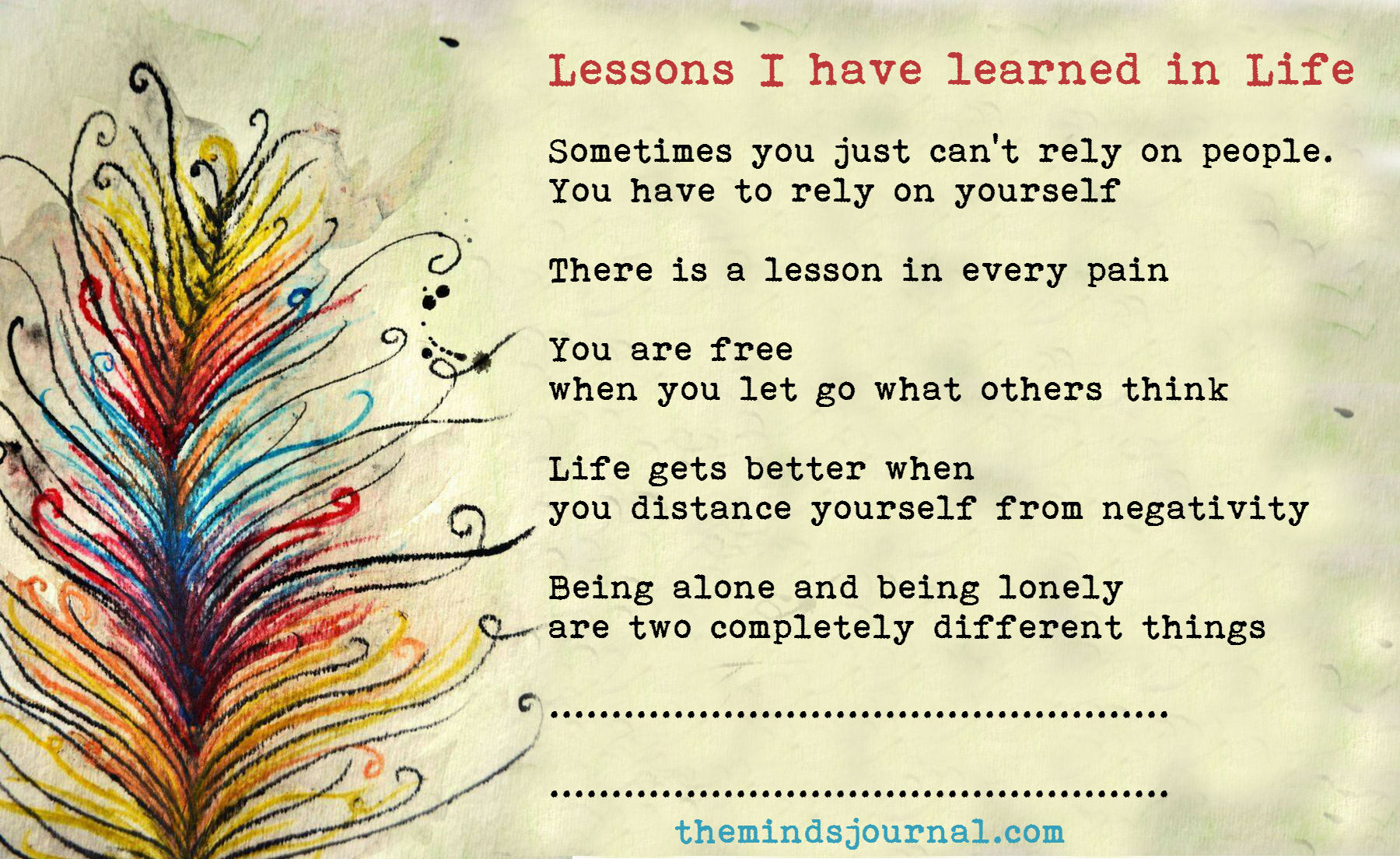Procrastination – otherwise known as the art of putting off what we know we should be doing. And we’re all guilty as charged. The question really is why we procrastinate, because there are a number of reasons. Sometimes, a task just seems too big to tackle; sometimes, it’s too challenging. But, there are other reasons as well. Until those reasons are identified, there is little you can do about this “disability.”
Here’s a look at the common reasons for procrastination.
1. You Don’t Like the Task
Kids don’t like to clean their rooms; some adults don’t either. But, people avoid more important tasks than cleaning. And it can easily be because they dislike them. Everyone has job-related tasks they dislike, and somehow, they always end up getting skipped over on that to-do list.
Of course, the best solution is to pick out those tasks and tackle them first. But we don’t. Instead, we keep avoiding them.
Here are a couple of other things you can do:
- Make a game of the task, keep score as you are completing it, and give yourself a prize when you hit the finish line.
- Try putting on some fun music while you do it.
- Ask yourself how necessary the task is. Is there a way to eliminate it or ask for help from someone else? Sometimes, trading tasks can actually work.
2. Feeling Overwhelmed
There are two situations that cause this feeling: One is that a task is just too large and you don’t know how to begin; the other is that you have too many tasks, all pretty urgent, and you don’t know where to begin.

Students often find themselves in this situation. They have several essays or papers due at once, and they spend their time agonizing over how much they have to do rather than getting started. Sometimes, they will choose a solution that involves finding the best essay writing service and “farming out” some of those assignments. This works at least for the moment.
The solution is usually to break all of these tasks, or one large task, down into smaller chunks, prioritize the sequence, and then hit #1. Have an actual paper list that you can check off or draw a line through as each task or segment is completed. The sense of accomplishment may act as a motivator to move on.

Also read 5 Effective Steps To Stop Feeling Overwhelmed By Life
3. You are Too Easily Distracted
Facebook; friends calling; emails that are just too demanding; that room that really needs to be painted; the sale going on that you don’t want to miss; the TV in the background that is “calling you.” Giving in to distractions is common, but when they become so attractive that you continue to put off getting to work, they are a problem.
Eliminating distractions is the single solution. Turn off the TV, your phone, and get a tool that will prevent you from accessing the internet for a set period of time. Only you can identify the distractions that are keeping you from work, and only you can get rid of them, if only temporarily.
4. Procrastination at Certain Times of Day
We all have “biological clocks,” and times of day and night when we have less energy and motivation. Procrastination during these times is normal.
Obviously, there is no solution to this type of procrastination Just give into it, and plan to do more enjoyable tasks during your “lag” periods.
5. Working Better Under Pressures
It’s true. Some people just work better under pressure, and their procrastination is by design. If you are one of these people and you consistently meet deadlines well, then there is no reason for you to change that behavior.
Also read How Ambitious Are You? According To Your Zodiac Sign
6. Inability to Prioritize
This is a part of not being organized. when people cannot look at tasks and categorize them into levels of importance, they tend to jump from task to task, in their indecision about which to focus on.
The solution? Try to make a list that ranks tasks in the order of their importance. Then, begin on #1 and do not go to #2 until the first one is finished. Set a goal of focused work for a set number of hours. After that set amount of time, check progress. If it is good, take a break and reward yourself.
If you are a procrastinator, then take a look at this list and see if you can identify the culprits within you that are causing your inability to get things done, then you have taken a step toward fixing the problem. It then becomes a matter of testing the suggested solutions or perhaps finding a unique one that will work.

Chronic Procrastination
If you procrastinate in the above situations but have normal levels of motivation and energy levels at most other times, you are not really a “chronic” procrastinator. But, if you are someone who simply can’t get going on anything most of the time, there could be other reasons. Low-level depression is one such cause. Other causes include consistent lack of sleep, poor diet, or general lack of physical fitness. These are all fixable too.
Did you get the reason why you procrastinate?










Leave a Reply